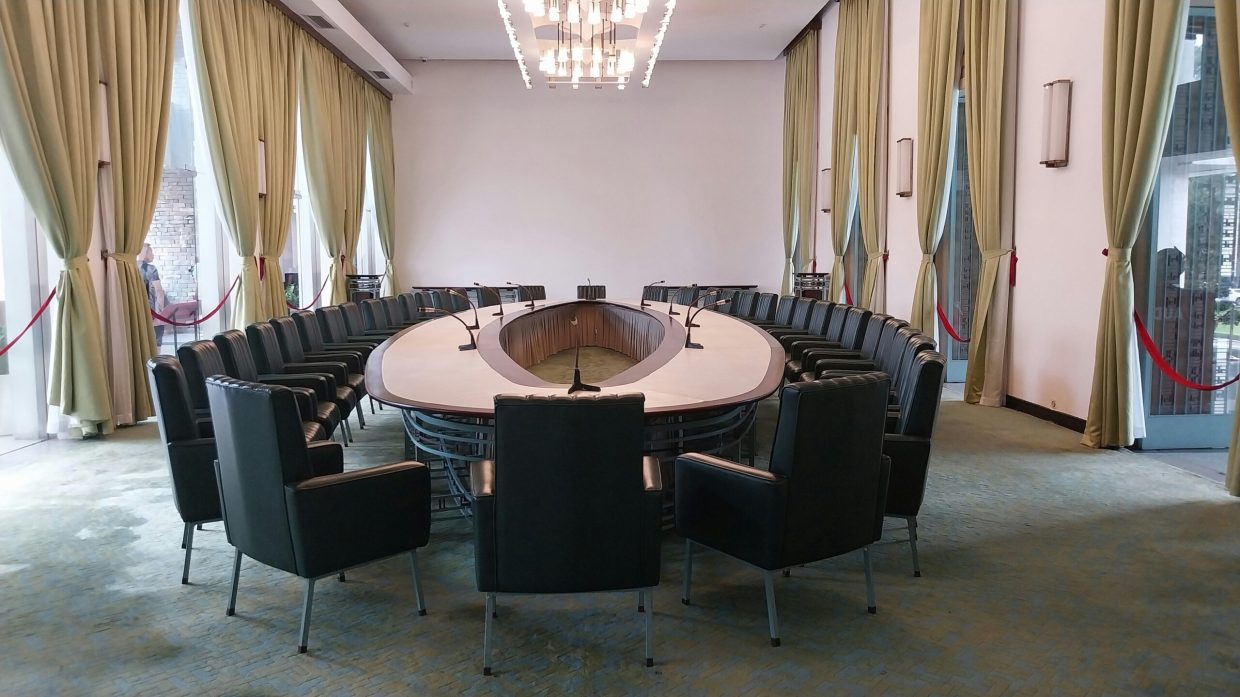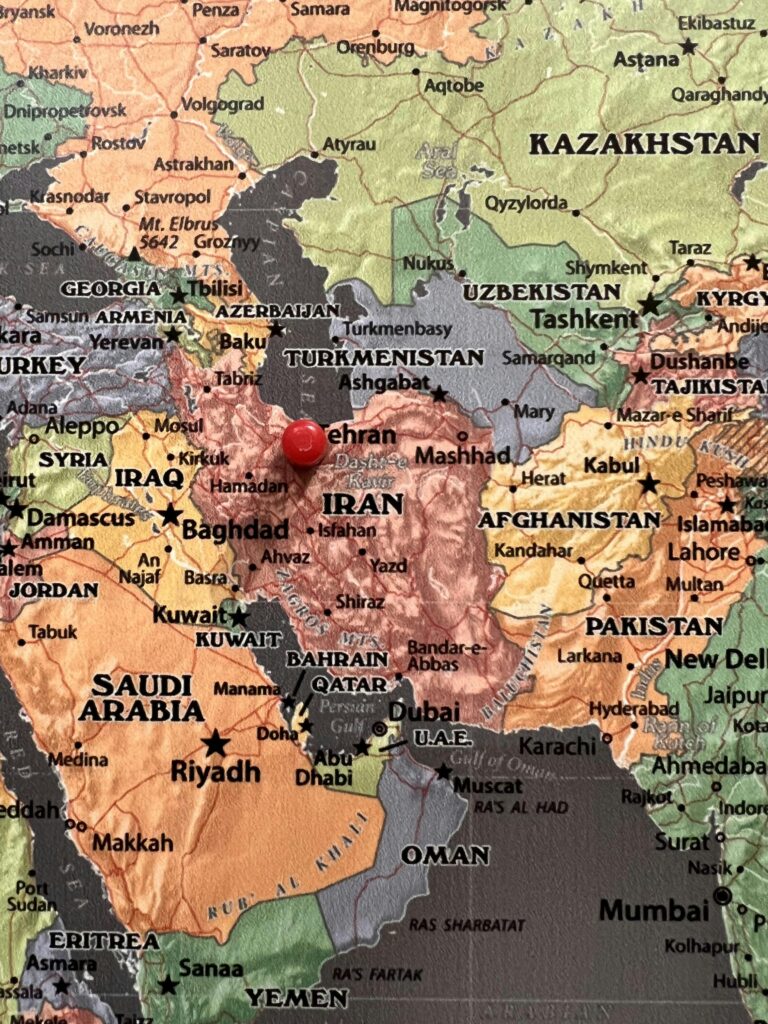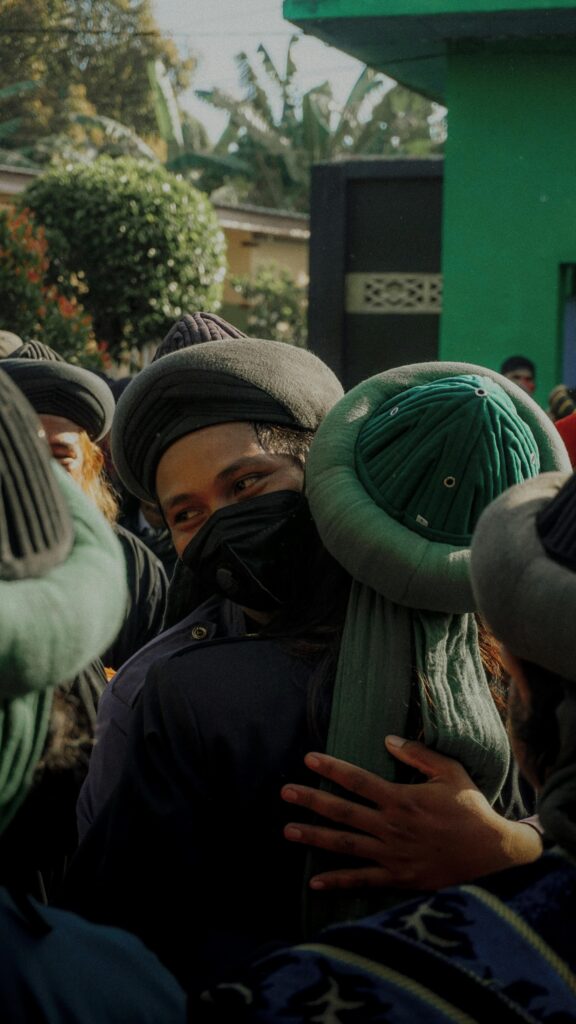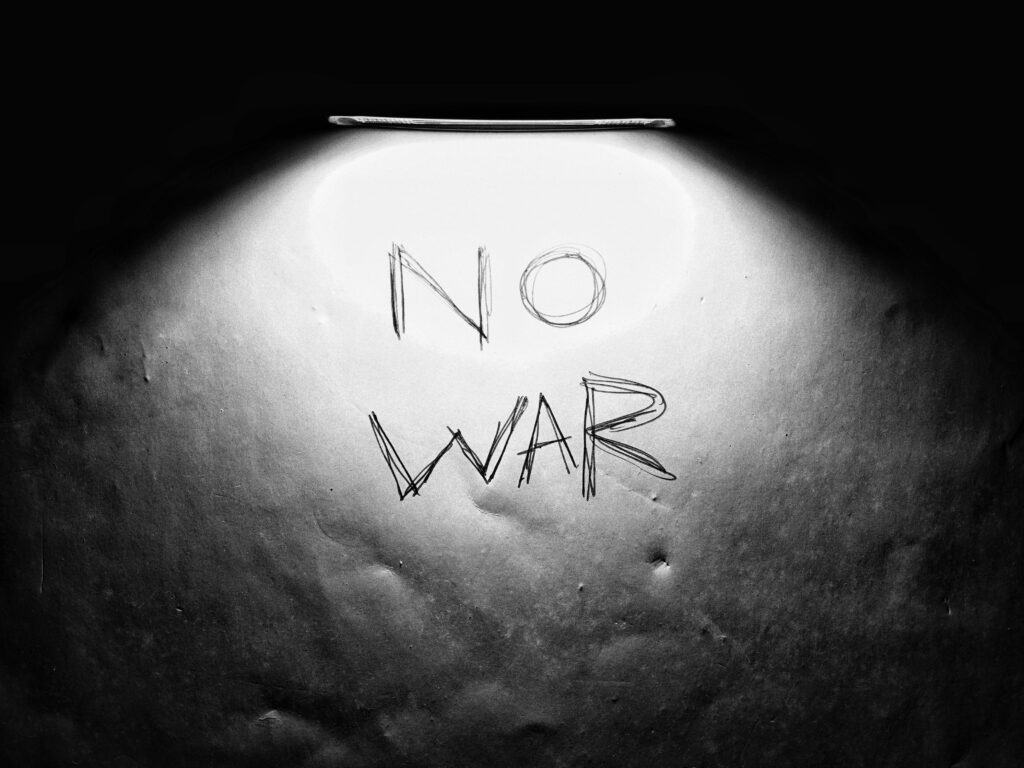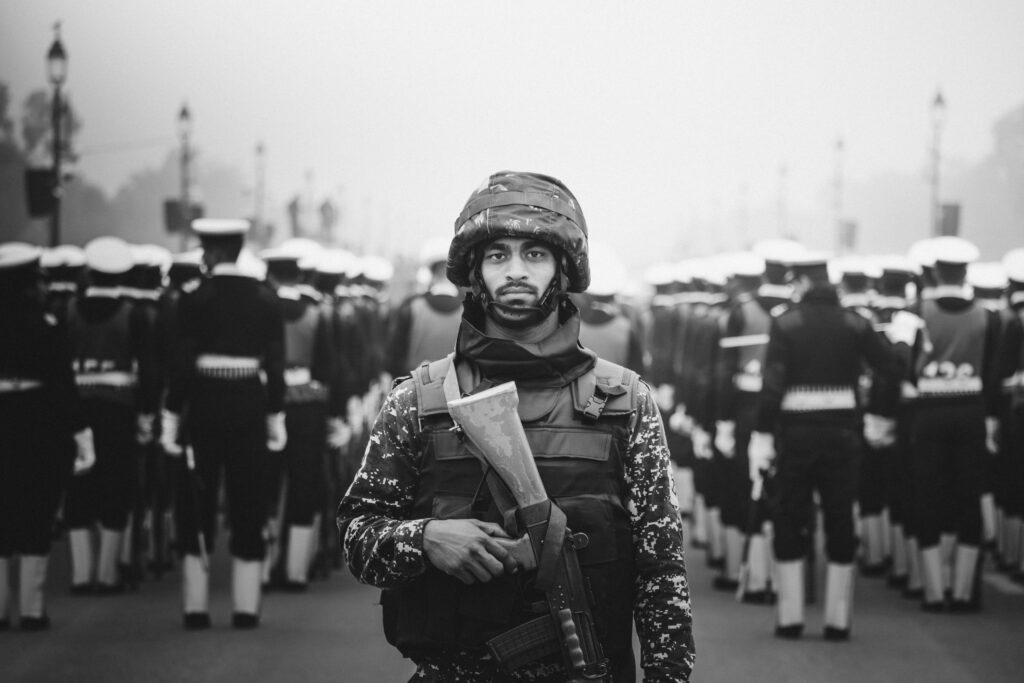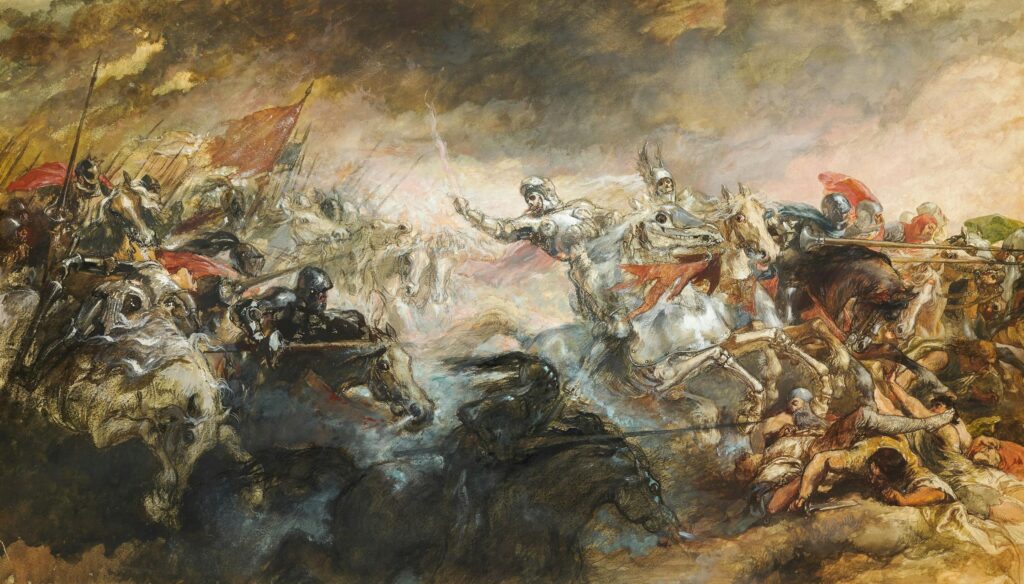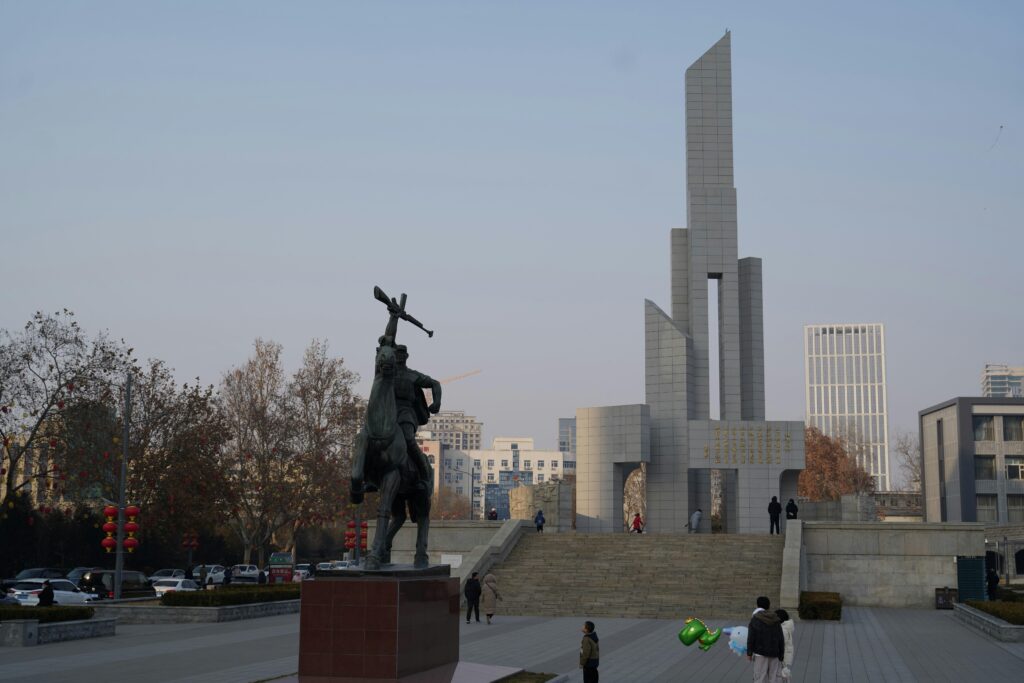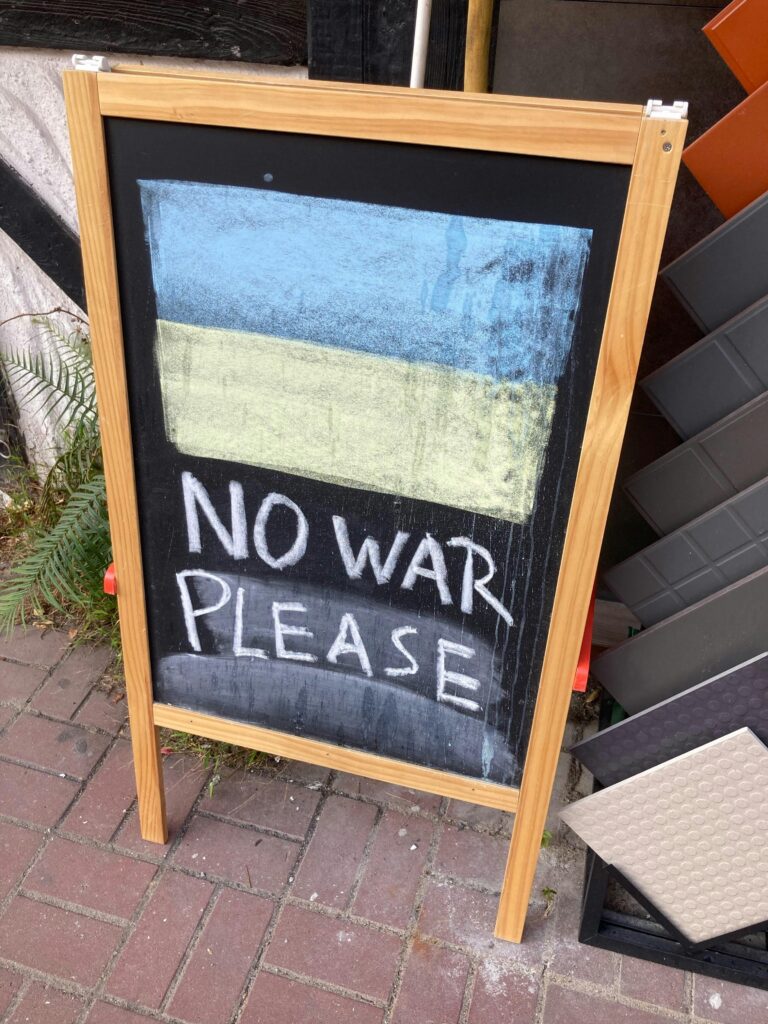The United Nations Security Council stands at the heart of global peace and security, wielding immense influence over international decisions that affect billions. But lurking beneath its authority is a powerful mechanism that can both safeguard and stall progress: the veto power. Held exclusively by the five permanent members—China, France, Russia, the United Kingdom, and the United States—this veto can single-handedly block resolutions, shaping the course of global diplomacy in profound ways. In this article, we’ll explore how the Security Council’s veto power impacts international action, sometimes uniting nations in consensus, and other times leaving critical decisions in limbo. Join us as we unpack the complexities behind this controversial tool and its far-reaching consequences for peace and conflict worldwide.
Table of Contents
- The Origins and Impact of Veto Power in the UN Security Council
- How Veto Power Influences International Conflict Resolution
- The Challenges Veto Power Poses to Multilateral Decision-Making
- Rethinking Veto Power How Reform Could Enhance Global Governance
- In Retrospect
The Origins and Impact of Veto Power in the UN Security Council
Established in the aftermath of World War II, the veto power granted to the five permanent members of the UN Security Council—China, France, Russia, the United Kingdom, and the United States—was conceived as a mechanism to prevent unilateral military action and maintain collective peace. This unprecedented authority allows each of these nations to block any substantive resolution, regardless of the level of international support it receives. Rooted in the quest to avoid the failures of the League of Nations, the veto was designed as a safeguard ensuring that global decisions reflect the interests of the major powers, preserving their strategic and diplomatic influence in international affairs.
While the veto power aims to foster stability, its impact often sparks controversy and debate. It can act as both a shield and a sword: shielding member states from unwanted interventions and sword-wielding in political deadlocks that stall urgent action on conflicts and humanitarian crises. Critics argue that this dynamic can put humanitarian imperatives second to geopolitical considerations. Key impacts include:
- Delaying or blocking Security Council decisions on conflict resolution and sanctions.
- Empowering powerful states to influence international norms according to their national interests.
- Occasionally undermining the UN’s credibility when paralysis prevents timely responses to global emergencies.
How Veto Power Influences International Conflict Resolution
The veto power wielded by the five permanent members of the United Nations Security Council (UNSC) acts as both a shield and a sword in the realm of global diplomacy. On one hand, it ensures that the interests of these key states are not overridden, enabling them to block resolutions that could compromise their national security or strategic goals. This mechanism often slows down or even halts collective action, particularly when the interests of veto-wielding powers clash. As a result, crucial decisions addressing international conflicts may face prolonged stalemates, leading to situations where diplomatic solutions are deferred or weakened.
Key implications of veto power include:
- Strategic leverage: Permanent members can use their veto to extract concessions or influence negotiations beyond the UN setting.
- Conflict prolongation: Disagreements among the veto holders can delay peace enforcement, sometimes exacerbating humanitarian crises on the ground.
- Power dynamics reinforcement: The veto consolidates the dominance of the global powers, often sidelining smaller nations or emerging players in decision-making processes.
- Selective intervention: This power can result in uneven responses, where conflicts involving veto countries or their allies receive different levels of attention and action.
While designed to promote stability by preventing rash or unilateral resolutions, the veto’s double-edged nature undeniably shapes how and when the international community intervenes in conflicts—sometimes at the cost of timely, unified responses.
The Challenges Veto Power Poses to Multilateral Decision-Making
When a single nation wields the authority to unilaterally block Security Council resolutions, the potential for gridlock skyrockets. This power, though designed to maintain balance among major powers, often translates into stalled negotiations and prolonged conflicts. Countries may leverage veto threats not only to protect their interests but also to signal geopolitical divides, thereby impeding the Council’s ability to respond swiftly to crises. The result is a decision-making process frequently marred by strategic posturing rather than collaborative solutions, which can erode the legitimacy of the UN in the eyes of the global community.
Moreover, the veto power introduces a layer of unequal influence that runs counter to the multilateral spirit. While most member states push for consensus, the veto holders operate from a position of privilege, often prioritizing national agendas above collective security concerns. This disparity undermines efforts to forge inclusive agreements and can marginalize smaller nations’ voices. Some key challenges include:
- Perpetuation of geopolitical rivalries leading to selective inaction
- Reduced transparency as behind-the-scenes negotiations dictate outcomes
- Difficulty in addressing emergent threats promptly due to veto-induced deadlock
These obstacles highlight the intricate dance of diplomacy required to navigate a system where power is concentrated and consensus remains elusive.
Rethinking Veto Power How Reform Could Enhance Global Governance
At the heart of international diplomacy lies the powerful veto, wielded exclusively by the five permanent members of the UN Security Council. This mechanism, originally designed to prevent major conflicts among the world’s most influential nations, has evolved into both a symbol of geopolitical balance and a source of significant contention. While it allows permanent members to halt any substantive resolution, critics argue that it often stifles timely action on pressing global issues such as humanitarian crises, armed conflicts, and nuclear proliferation. This entrenched privilege can lead to stalemates that frustrate smaller member states and civil society actors advocating for a more responsive and equitable global governance framework.
Reimagining this veto power could unlock a new era of collective decision-making, offering several potential avenues to balance authority and accountability:
- Conditional veto use: Implementing criteria that limit when and how vetoes can be exercised, especially in cases of mass atrocities or crimes against humanity.
- Expanded permanent membership: Including emerging powers, reflecting the current multipolar world and diluting veto dominance.
- Transparency measures: Requiring detailed explanations to justify veto use, enhancing diplomatic accountability.
- Temporary suspensions: Allowing the Security Council to override a veto under extraordinary consensus, encouraging compromise without complete power relinquishment.
By thoughtfully reforming this cornerstone of global decision-making, the international community could foster greater legitimacy, responsiveness, and inclusiveness within the UN’s most pivotal body.
In Retrospect
In the complex arena of international diplomacy, the UN Security Council’s veto power remains a double-edged sword—both a tool for maintaining balance and a barrier to swift action. As global challenges grow more interconnected and urgent, understanding how this mechanism shapes decisions on the world stage is crucial. Whether it serves as a safeguard for national interests or an obstacle to collective progress, the veto’s influence is undeniable. Moving forward, the global community faces the pressing question: can the Security Council evolve to better reflect the realities of today’s world while still preserving international peace and security? Only time will tell, but one thing is clear—the veto power will continue to be a defining force in the making of global decisions.


